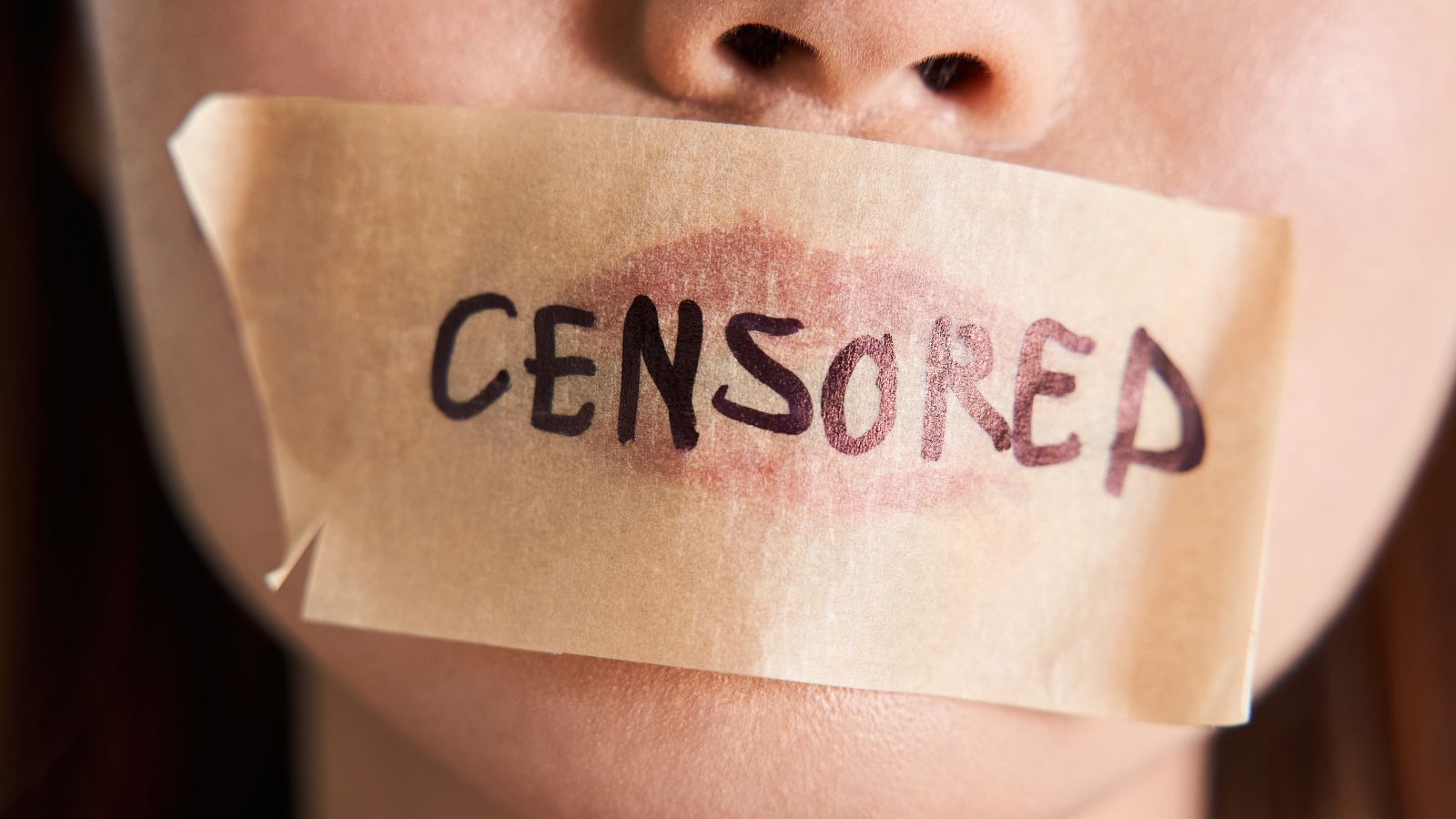In recent times, certain topics have become sensitive, polarizing, or simply passé. Discussing them leads to heated debates, social faux pas, or just an awkward silence. Here, we look at 20 topics that have become somewhat taboo or controversial in modern discourse. We’ll look at why these subjects have taken a backseat in polite conversation and provide insight into the societal shifts influencing these changes.
Politics in the Workplace

Talking politics at work can disrupt team harmony and productivity. With diverse opinions and high emotional stakes, political discussions can create conflicts and undermine professional relationships. Many companies encourage a neutral environment to maintain an inclusive workplace. They also institute policies that limit political discourse to create a neutral environment. This is wrongly thought to be against the First Amendment, but private employers have more leeway.
Religion

Religion is deeply personal and can be a source of disagreement, especially in relation to global politics. Given its connection to personal identity and values, discussing religious beliefs can easily offend or alienate others, particularly in multicultural settings. It's safer to avoid religious discussions in secular or diverse environments to maintain peace and respect among individuals of varying beliefs.
Personal Income

Discussing your income used to be more common, but today, it is seen as sensitive information. Talking about how much money you make can lead to jealousy, resentment, or judgments about financial responsibility or lifestyle choices. As a result, many people choose to keep their earnings private to avoid comparisons and conflicts.
Relationship Details

While sharing some aspects of personal relationships can be appropriate, divulging intimate details can make others uncomfortable. Oversharing can also compromise the privacy of the people involved. It's best to keep the deeper aspects of personal relationships private to respect the boundaries of everyone involved.
Mental Health Issues

Despite growing awareness and decreasing stigma, discussing mental health issues is delicate. Sharing your experiences with mental health can expose you to misjudgment, particularly in spaces that are not supportive or well-informed about mental health challenges. People usually choose to share such personal details in more private settings or with trusted individuals.
Personal Grievances

Airing grievances about friends, family, or colleagues can come off as gossip. It's more respectful to address issues directly with the individuals involved rather than discussing them behind their backs.
Social Media Missteps

In an era where online presence can impact personal and professional lives, discussing others' social media mistakes can be harmful and invasive. It's advisable to approach such topics with sensitivity or to avoid them altogether to respect the privacy and dignity of others.
Controversial Historical Perspectives

Historical events can be interpreted in various ways, and expressing a controversial perspective on significant historical events can lead to accusations of insensitivity or ignorance. Approach such discussions with a well-informed and respectful viewpoint, acknowledging there are other interpretations and you are open to listening to them.
Criticism of Popular Public Figures

Critiquing popular celebrities or public figures can polarize opinions and alienate others holding differing views. In today's culture, where fans often form what are called parasocial relationships with celebrities, such discussions can quickly become contentious.
Dietary Choices

Whether it's veganism, vegetarianism, or meat-eating, dietary choices are closely tied to personal ethics and health beliefs. Critiquing someone's dietary choices can be perceived as criticizing their values or lifestyle, making it a sensitive topic. Conversations about diet are best approached with openness and without judgment to respect personal choices.
Parenting Techniques

Parenting is a personal, often sensitive topic. Unsolicited advice or criticism about someone's parenting choices can be seen as overstepping the mark and may offend or upset them. Respectful dialogue about parenting should involve sharing experiences and advice only when it is sought.
Financial Advice

Giving unsolicited financial advice can come off as invasive. People's financial situations and beliefs about money management are diverse, and what works for one may not be suitable for another. Engaging in financial discussions should involve a sensitivity to others' circumstances and a readiness to listen rather than advise.
Personal Hygiene Remarks

Comments on someone’s hygiene or personal appearance are typically unwelcome and can be embarrassing or hurtful. It's considered polite and respectful to avoid such comments unless they're constructive and requested, focusing instead on positive interactions that affirm rather than criticize.
Gossip

Gossiping about others, especially about sensitive or personal issues, can damage reputations and relationships. It’s wiser to focus conversations on topics that are positive and inclusive rather than engaging in talk that could harm others.
Jokes at Others' Expense

Humor that targets specific groups or individuals, especially in a demeaning or derogatory way, can perpetuate stereotypes and create hostility. Respectful humor encourages laughter that brings people together rather than dividing them.
Unsolicited Job Advice

Offering unsolicited advice about someone’s career, especially during times of uncertainty, can seem dismissive of their choices or situation. It's more supportive to listen and provide guidance only when asked, showing respect for the individual's autonomy in their career decisions.
Discussing Sexual Orientation

While society has made significant strides in accepting diverse sexual orientations, bringing up someone’s sexual orientation without their consent is inappropriate. Discussions about sexual orientation should prioritize the preferences and comfort of those directly involved.
Discussing Personal Failures

Discussing personal failures can be a vulnerable topic for many. While sharing experiences of failure can sometimes be inspiring or educational, it can also open individuals up to judgment or pity. It's important to gauge the comfort level of the conversation and ensure a supportive environment before talking about topics that might expose personal or professional shortcomings.
Death and Loss

While empathy towards someone experiencing grief is important, probing for details or making assumptions about their feelings is intrusive. It's respectful to let individuals share as much or as little as they wish about their experience with loss, offering support and understanding rather than curiosity.
Environmental Responsibility and Climate Change

Environmental issues, particularly climate change, will spark heated debate. Conversations can quickly become contentious when they touch on personal choices like car ownership, air travel, or consumption habits. These discussions must be entered with an open mind and a focus on shared goals rather than judgment.
30 Traditional Sayings That Are Now Considered Offensive by Woke Culture

30 Traditional Sayings That Are Now Considered Offensive by Woke Culture
21 Habits Often Associated With Having a Lower Social Status

21 Habits Often Associated With Having a Lower Social Status
25 Social Issues Gen Z are Determined to Cancel

